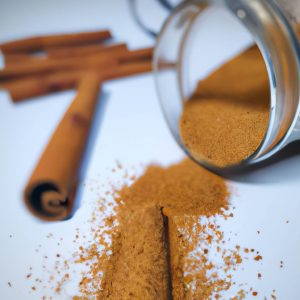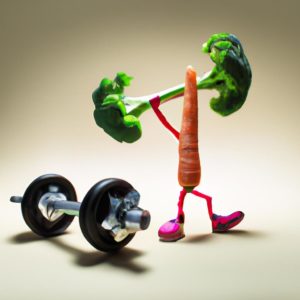Weight Loss Does Not Equal Fat Loss
My weight loss was rapid at the beginning of my diet. I lost over 5 pounds the first week. After seeing the scale, I felt great and energized. However, I wasn’t really looking for a reduction in weight. I wanted to lose belly weight. However, this effort failed.
It is different to lose weight and burn body fat. My body was already burning carbohydrate reserves at the start of my diet. Carbohydrates can bind to water. Your body will also lose pounds of water if it uses up its carbohydrate reserves. This will cause you to lose weight but not fat.
One client told me she was not losing weight. My coaching resulted in no weight loss for several weeks. Next, I asked her if her original goal was to fit back into her old bikini. She had already achieved this goal a few days before. My client achieved her goal but was blinded when she saw the scale.
Your friends and family should not be concerned about how you look on the scale. You want to feel and look better. You don’t want to lose weight, but you do not want to see a decrease in your weight.
Low Carb Puts Your Body in Survival Mode
Your brain’s most important fuel is carbohydrate. Over millions of years, glucose has been our preferred fuel for our main controlling body. The Low Carb Diet is a survival strategy. Your brain is on alert because your body is burning through carbohydrate reserves. Your nervous system isn’t getting the nutrients it needs.
Your brain will shut down any systems that aren’t necessary for survival after you have been placed in a survival situation. Because your body believes you are starving, it must reduce its energy expenditure. You will feel fatigued faster. You will also have difficulty concentrating. According to the journal of obesity, ketogenic people experienced a marked drop in cognitive performance. Scientists observed that after a week, mental processing and flexibility had declined to the point of mild neuropsychological impairment.
Even worse, your body may even hold onto its fat storage in survival situations, as fat is an energy store for rare times. Your brain is in survival mode during these times. When you are following a diet, this is what you don’t want.
A low-carb diet is not sustainable. Although you may lose weight initially due to the lower calories, it won’t last long. It is unlikely that you will be able keep the weight off over the long-term. You must be willing to drastically reduce your quality of living.








